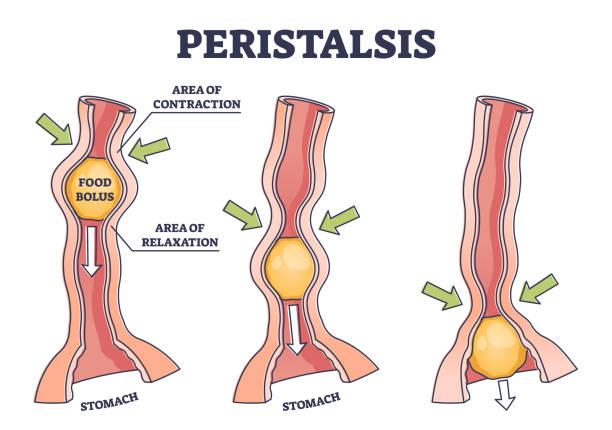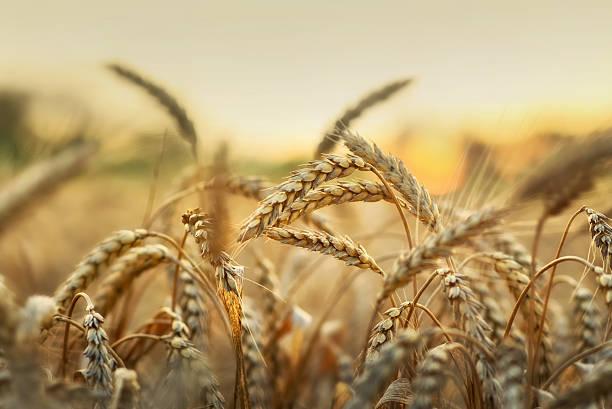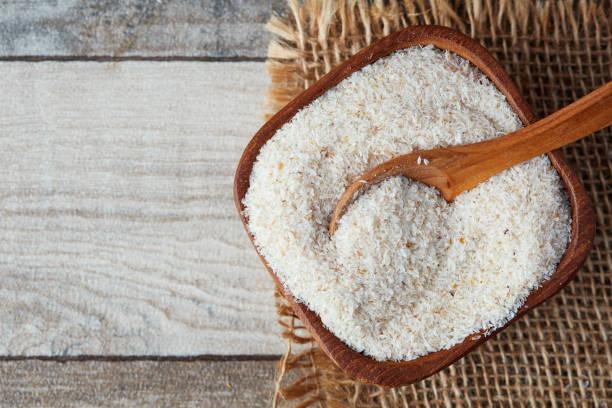Let's ask you a simple question: how many times a week do you have a bowel movement?
Chronic constipation affects around 5% of the population.
Transient constipation, on the other hand, is much more common - I'd go so far as to say commonplace.
We've all suffered from it at one time or another, so I thought it would be useful to talk to you today about natural ways of dealing with it.
There's constipation and there's constipation
Have you thought about it?
If the answer is less than three times a week, then you are considered to be suffering from constipation by allopathic medicine. Naturopaths take a different view. When our intestines are in good health and our digestion is going well, we should go every day.
The second important point is stool consistency.
If you go to the toilet a lot, but your stools are hard and difficult to pass, then again, we're talking about constipation. Many of us are probably unaware that we are constipated, for lack of information.
You can now make your own diagnosis.
How do we get there?
After initial partial digestion in the stomach, the food remains in the small intestine.
This is when the body absorbs most of the nutrients it needs.

What remains of the digested food then passes into the colon, where it becomes stool.
The progression of pre-digested food and fecal matter through the small intestine and colon is achieved by a series of contractions known as "peristalsis".
In the case of constipation, food residues destined to form stool remain in the colon for too long, without progressing.
This is known as intestinal laziness.
The water they contain has time to be absorbed and the stools become hard.
From clues to solutions
Now that we know the broad outlines of what causes constipation, we can start to think about solutions.
Most of the time, if food stagnates in the colon, it's because of two culprits:
- A poor diet, which makes digestion more difficult and therefore more time-consuming
- Insufficient peristalsis
The first steps to be taken are therefore aimed at correcting these two problems.
- Let's start with food.
A diet too low in fiber is often responsible for constipation, as is a lack of hydration. But that's not all: you should also be aware that certain foods considerably slow down digestion. This is true of fatty and/or protein-rich foods such as meat.
To restore your digestive health, I advise you to limit your consumption of meat, especially red meat, to 1 or 2 times a week, and to eat more vegetables and fruit, which will provide you with the fiber you need.
- For fragile intestines, opt for "soluble" fibers.
They are less aggressive and have the particularity of maintaining the good bacteria that make up the intestinal flora. You'll find them in pectin-rich fruits like apples (without the skin), but also in zucchini, sweet potatoes, flaxseed, oats, barley, chia seeds and seaweed.
Animal fats (including dairy products, which are extremely difficult to digest) should also be kept to a minimum. Choose virgin vegetable oils (olive, walnut, linseed, rapeseed...) for a good supply of healthy fatty acids.
Three other enemies of transit should also be avoided: starchy foods (rice, white flour-based foods such as white bread, pasta, etc.), tea (because of its tannins) and alcohol.
- Let's take a look at what impedes peristalsis.
A food bowl that is too acidic, too low in fiber and a lack of physical activity are the main causes of sluggish intestinal motility. So, once again, it's important to eat well and get moving to get the machine moving again. A 40-minute walk every day and a healthier diet are often enough to get things back on track.
7 must-have foods for healthy transit
- Ripe fruit in general
Ripe fruit contains pectin, an insoluble fiber that forms a viscous gel.
The latter increases the volume of the faecal bolus and improves stool consistency, making it easier to eliminate.
- The café
Coffee has a laxative effect in some people.
It promotes gastric emptying towards the intestines and the production of gastrin, which stimulates peristalsis.
But don't overdo it, as coffee dehydrates the body, which is counterproductive.
- Wholegrain cereals
They are still underused in industrialized countries.
Gradually introduce semi-complete foods (pasta, rice, breads, breakfast cereals...) to your diet, then complete foods if your intestines can tolerate them.

- Dried fruit
Choose oilseeds such as almonds, walnuts or hazelnuts, which contain less sugar than fruits such as apricots or raisins.
The fiber and good fats they provide are highly beneficial in cases of constipation.
- Prunes
If there's one sweet dried fruit you can eat in moderation, it's prunes.
It contains dihydroxyphenylisatin, a substance that stimulates intestinal contractions, as well as sorbitol and phenolic compounds that have a laxative effect.
- Fermented foods
Fermented foods such as sauerkraut are not strictly speaking laxatives, but they do contribute to good intestinal health.
Fermentation performs a kind of pre-digestion of food thanks to the enzymes produced in the process, making it more digestible.
What's more, it promotes the development of probiotics that are extremely beneficial to the intestinal flora.
If you'd like to find out more, please read one of my previous letters: https://neo-nutrition.net/la-magie-de-la-fermentation/

- Psyllium
An excellent source of soluble fiber.
Psyllium seed coatings are sold in powder, flake or capsule form.
We generally recommend taking 10 g a day, in one to three doses, with a full glass of water (at least 300 ml).
Do not take psyllium if you suffer from digestive stenosis of the intestine or esophagus, or fecal impaction.
You should also remember to take your usual medication two hours before or two hours after taking psyllium, as it reduces their absorption.
In addition to these foods, remember to stay well hydrated and (re)get your body moving.
2 essential oils to promote transit
Essential oils used to combat constipation must have stomachic (stimulating stomach function) and/or laxative (stimulating digestive secretions to soften stools and facilitate evacuation) properties.
This is the case for the following oils:
- HE de gingembre One to two drops in a teaspoon of vegetable oil. Take orally three times a day.
Contraindications: pregnant and breast-feeding women, children under 6.
- Tarragon EO Tarragon oil: place four to six drops of tarragon essential oil in the palm of your hand and the same amount of vegetable oil. Massage slowly in a clockwise direction 3 times a day.
ou
Take 1 to 2 drops oftarragon essential oil with a teaspoon of olive oil, 2 to 3 times a day, before meals.
Contraindications: pregnant and breast-feeding women, children under 6.
Not recommended for people taking anticoagulants or with coagulation disorders.
These oils should not be used on a long-term basis.
They are recommended for adjunctive treatment (three days maximum).



